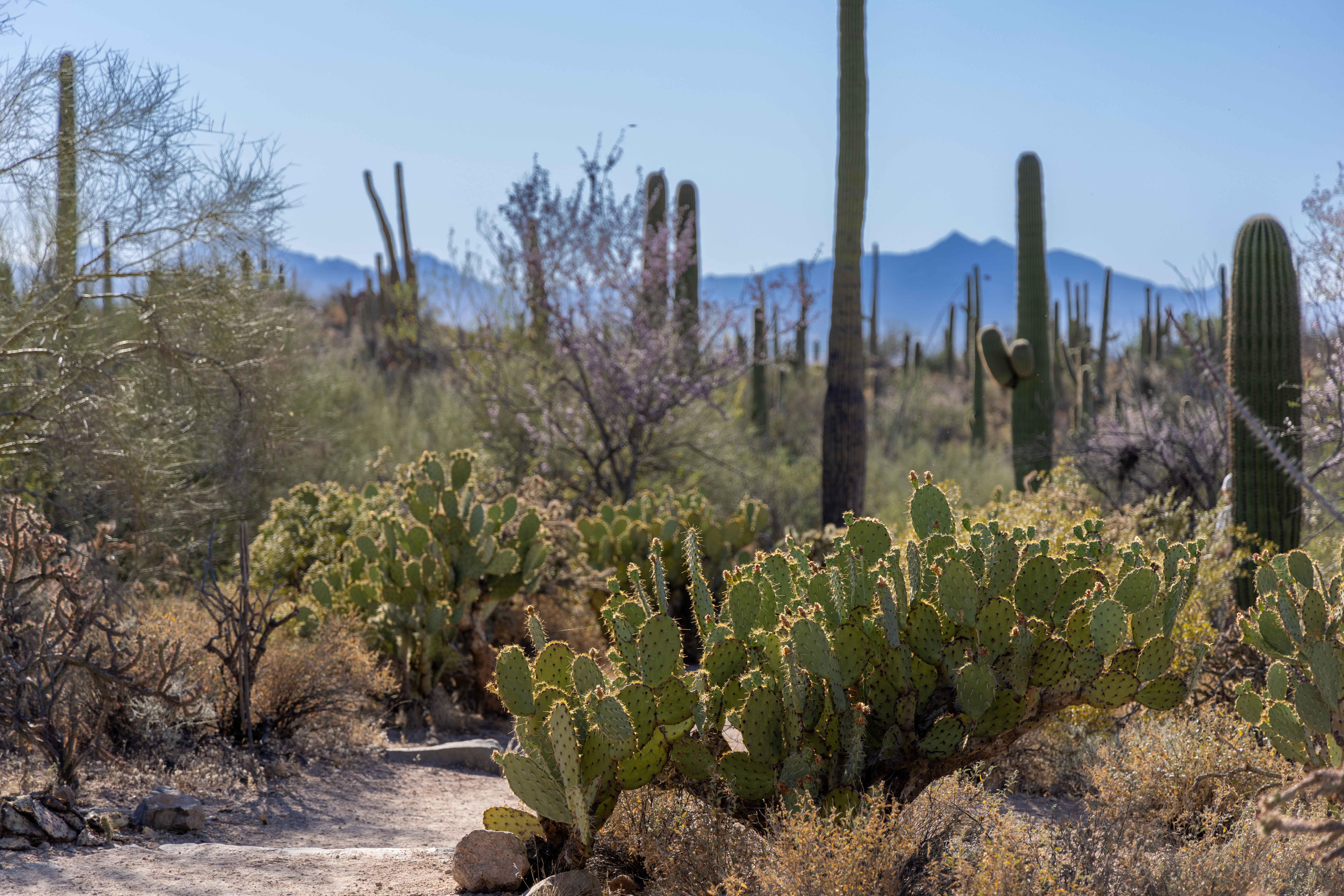Osvaldo Sala
Regents and Foundation Professor, Julie A. Wrigley and Foundation Professor
Founding Director, Global Drylands Center
Osvaldo.Sala@asu.edu
Curriculum Vitae
Osvaldo Sala is the Julie A. Wrigley, Regents’ and Foundation Professor, at Arizona State University, where he contributes to both the School of Life Sciences and School of Sustainability. He is also the Founding Director of the Global Drylands Center and the Leader of the Extremes Focal Area, which is part of the Global Futures Laboratory. He came to ASU in 2010 from Brown University where he was the founding Director of the Environmental Change Initiative and the Sloan Lindemann Professor of Biology.
Osvaldo was the first and only Hispanic President of ESA in its 105 or so years of existence, opening a path to leadership for many ecologists from underrepresented groups and making substantial contributions toward enhancing diversity in ecology. Previously, Osvaldo was President of the Ecological Society of Argentina and led efforts there to launch hemispheric collaborations among ecological societies of the Americas. He was also President of Red Latinoamericana de Botánica (RLB) that raised money from US foundations and supported graduate education for Latin American students. Under his leadership, the RLB received the Tyler prize, further enhancing its resources and visibility. He has trained at least 13 Hispanic ecologists, most of whom remain in academia. Today, his mentees are in leadership positions throughout the world. Osvaldo also worked closely with the ESA SEEDS program attending events and furthering the needs of under-represented groups. He has devoted his career to exceptional science and exceptional capacity building.
Osvaldo is an ecologist working from the local to the global levels. He is known for his large-scale field manipulative experiments simulating climate change around the world. At the global scale, he participated in several assessments from the Global Biodiversity Assessment and the IPCC to the Millennium Ecosystem Assessment. He has developed highly-cited (>11,000 citations) scenarios of biodiversity change for the year 2100. He has had a prolific scientific production with more than 64,000 citations and H=106 as of November 2023. His work has been truly transdisciplinary, collaborating with geologists, social scientists, mathematicians and humanists.
Osvaldo Sala served in numerous international institutions and in different capacities from the Scientific Committee of Problems of the Environment (SCOPE), where he was the president, to the Millennium Ecosystem Assessment and the IPCC (Intergovernmental Panel on Climate Change). He recently served as President of the Ecological Society of America. He participates in committees of the National Academies of Sciences, Engineering and Medicine in a Study on Potential Environmental Effects of Nuclear War and advising the U.S. Global Change Research Program.
He has received several recognitions to his academic work including being an elected Member of the American Academy of Arts and Sciences, the National Academy of Sciences of Argentina, Fellow of the American Geophysical Union, the American Association for the Advancement of Science and the Ecological Society of America.
